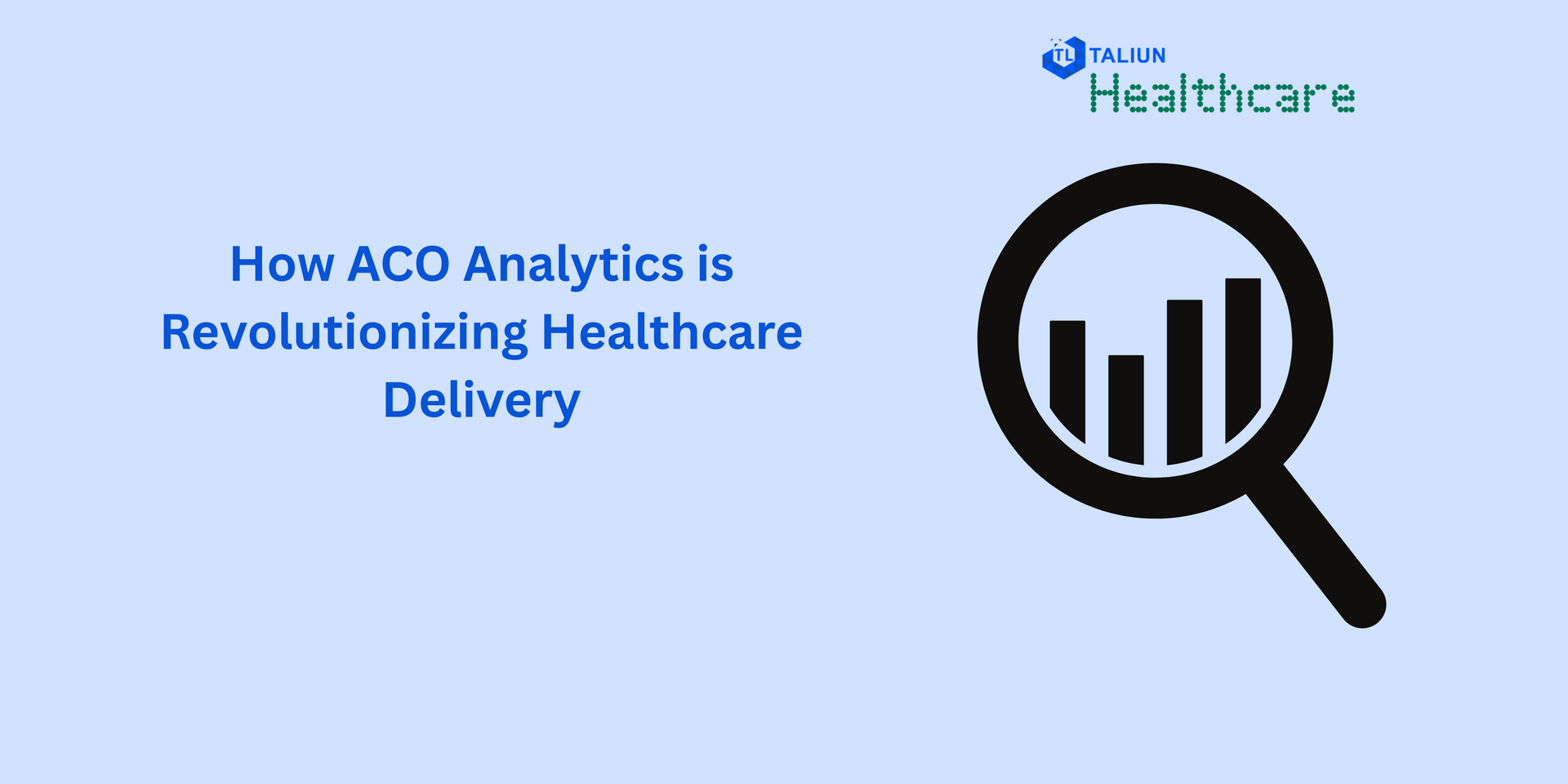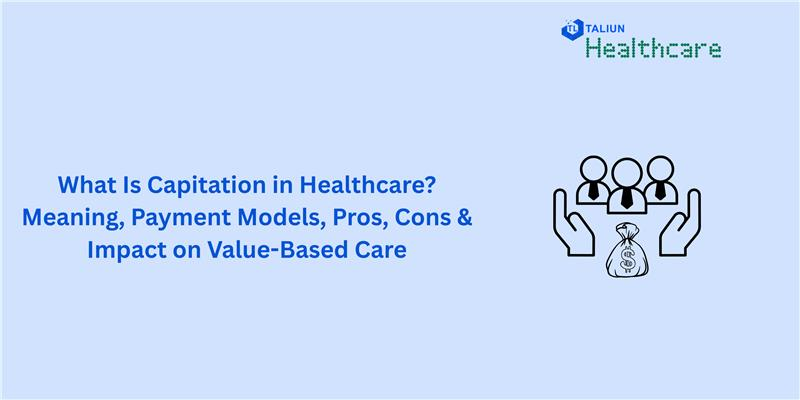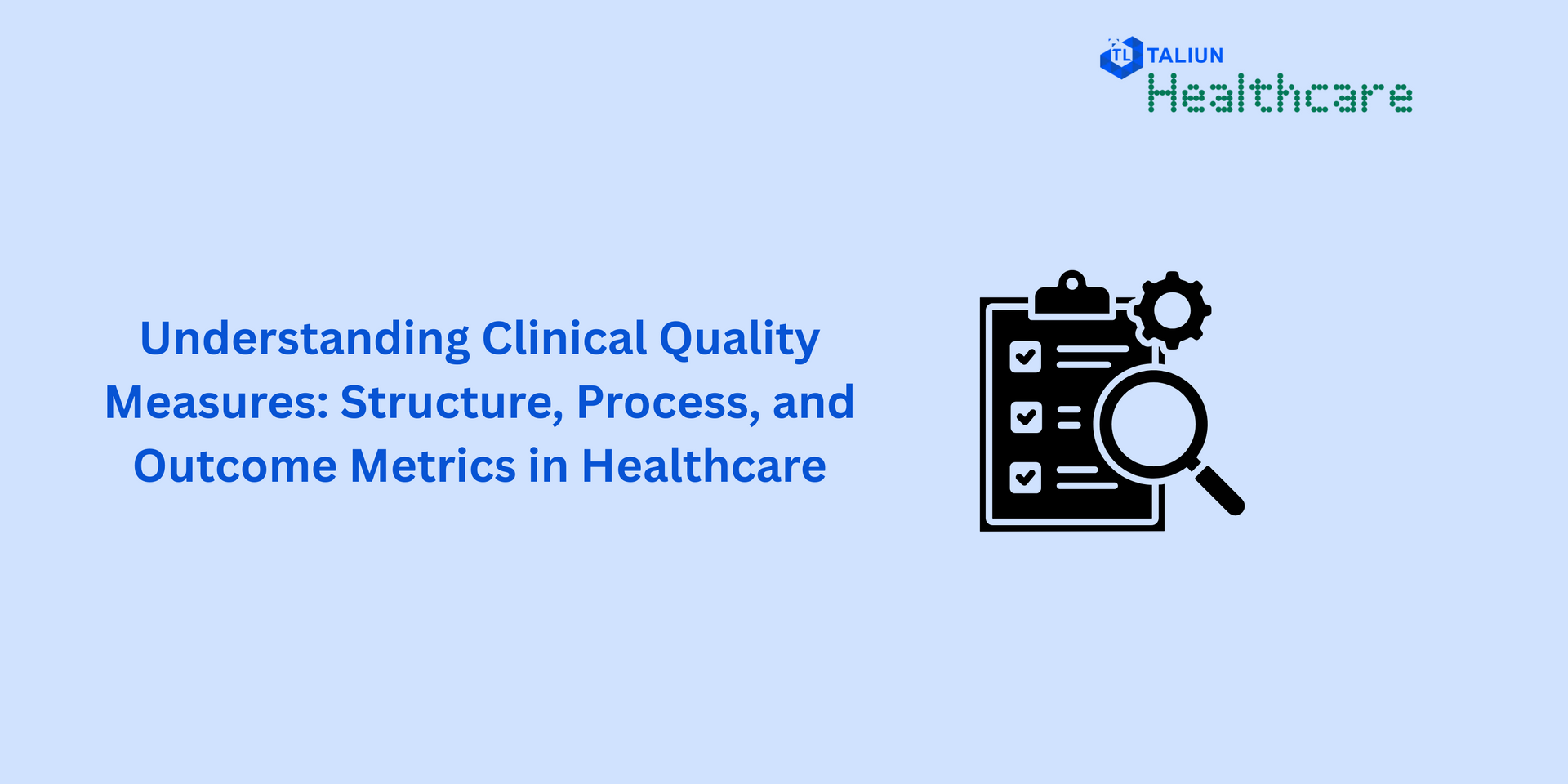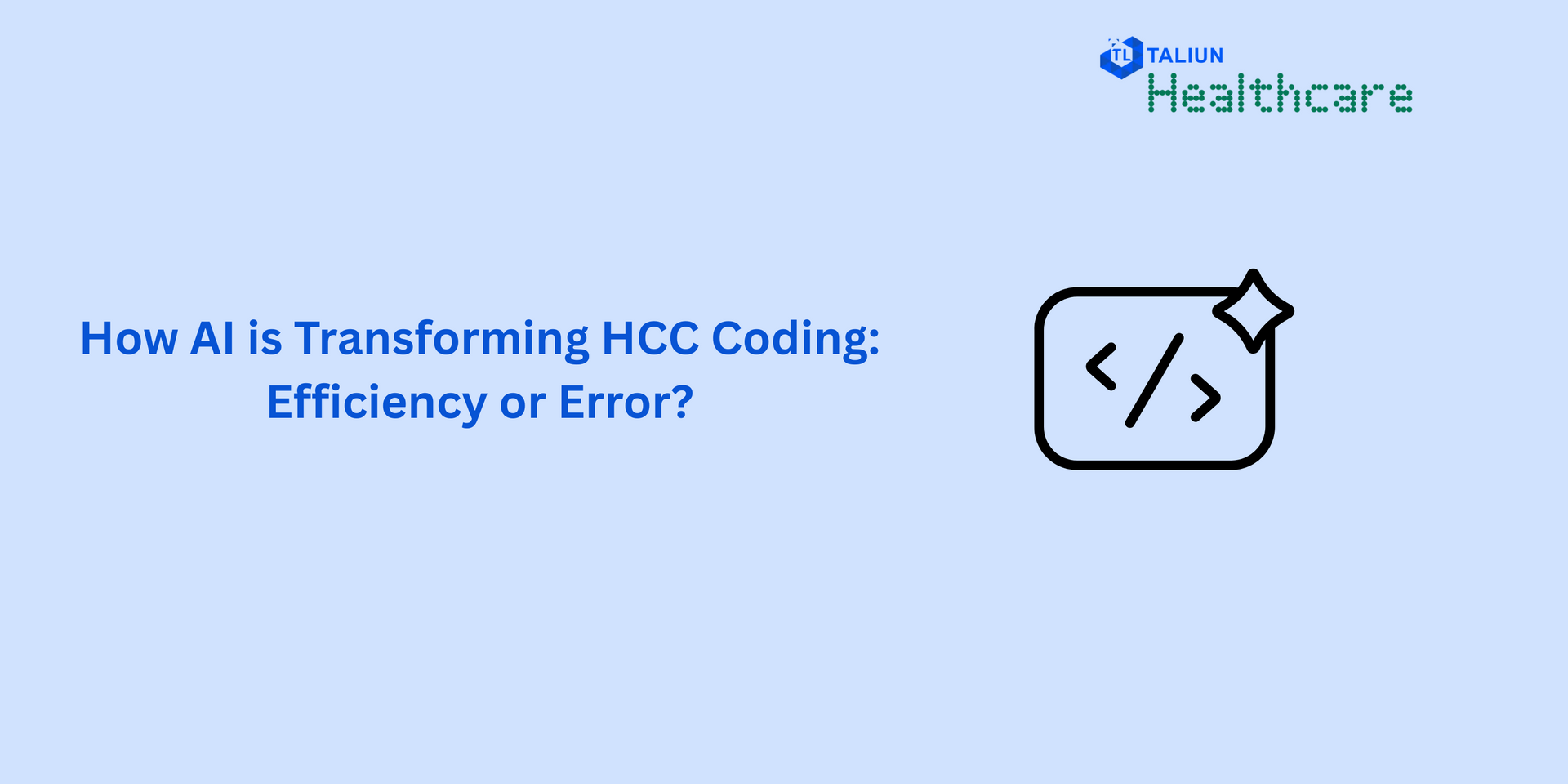How ACO Analytics is Revolutionizing Healthcare Delivery

The healthcare landscape has undergone a significant transformation in recent years, particularly with the rise of Accountable Care Organizations (ACOs). ACOs have shifted the focus from fee-for-service models to value-based care, where the emphasis is on improving health outcomes while reducing costs. At the heart of this change is data, more specifically, ACO analytics. Strong data analytics capabilities have proven essential for ACOs to effectively manage patient populations, reduce costs, and improve the quality of care.
In this blog, we’ll explore how ACO analytics can streamline healthcare delivery, improve clinical outcomes, and support value-based care. We'll also discuss how Taliun’s ACO analytics platform can help ACOs maximize their performance and ensure better healthcare outcomes for their patients.
The Power of ACO Analytics
To understand how ACO analytics can improve healthcare delivery, it's essential to recognize that simply creating dashboards isn’t enough. Effective ACO analytics goes far beyond basic reporting. It must align with the strategic goals of an ACO, providing actionable insights that drive both operational and clinical improvements.
Analytics should support decision-making in various areas, including patient care, operational efficiency, and cost management. This means tracking key performance indicators (KPIs) related to patient outcomes, cost reduction, and care coordination. By leveraging advanced analytics, ACOs can gain a deeper understanding of patient needs, reduce unnecessary hospital visits, and ensure more proactive care.
Real-World Example: Managing Diabetes through ACO Analytics
Consider a patient suffering from diabetes, a chronic condition that requires ongoing care and management. With ACO analytics, providers can track this patient’s health metrics over time, such as blood sugar levels, medication adherence, and follow-up visits. By having access to real-time data and predictive analytics, healthcare providers can identify potential complications early on and adjust the patient’s care plan proactively.
This approach helps reduce hospitalizations, emergency room visits, and overall healthcare costs associated with poorly managed diabetes. Furthermore, it creates opportunities for value-based care by keeping the patient healthier and reducing the need for expensive interventions.
For example, ACO analytics tools can highlight patients who are at risk of deteriorating health due to missed screenings or improper medication. This allows care teams to intervene earlier, leading to better outcomes and ultimately, lower costs.
Building a Foundation for Preventive Care
ACO analytics doesn’t just focus on reactive care; it plays a crucial role in laying the foundation for preventive care. By analyzing patient data, ACOs can predict who is at risk for developing chronic conditions or experiencing a health decline. For instance, an ACO might use predictive models to identify patients who are likely to develop diabetes, heart disease, or other chronic conditions based on their current health data.
By catching these issues early, ACOs can implement preventive measures, such as lifestyle interventions or regular screenings, to prevent the onset of these conditions. This proactive approach can help to lower healthcare costs in the long run, as it reduces the need for costly treatments down the line.
How ACO Analytics Improves Value-Based Care
The primary goal of value-based care is to improve patient outcomes while reducing costs. ACO analytics supports this by:
- Increasing Shared Savings: By improving the efficiency and effectiveness of care, ACOs can reduce unnecessary spending and share the savings with providers.
- Improving Decision-Making: With accurate, timely data, providers can make better decisions, leading to more personalized care plans and better outcomes for patients.
- Supporting Business Intelligence: ACOs can harness data to improve the overall functioning of the organization, streamlining operations and optimizing resource use.
- Risk Mitigation: Analytics can help identify high-risk patients and predict future healthcare needs, enabling ACOs to intervene early and prevent costly hospitalizations or emergency room visits.
How Taliun’s ACO Analytics Services Drive Success
Taliun offers an advanced ACO analytics platform designed to help organizations achieve their value-based care goals. With a comprehensive suite of services,Taliun ensures that ACOs can leverage data to improve outcomes, reduce costs, and provide better care to their patients.
Accurate ACO Measure Calculation
One of the key benefits of Taliun’s platform is its ability to automate the calculation of critical ACO quality measures. These measures include areas such as:
- Preventive Care
- Diabetes Management
- Hypertension Control
- Cancer Screenings
Taliun’s platform ensures that these measures are calculated accurately and in compliance with current guidelines, providing reliable and auditable results. ACOs can track their performance against benchmarks, identify areas for improvement, and enhance their reporting capabilities.
Closing Care Gaps with Actionable Insights
Taliun’sGap-in-Care analysis allows ACOs to efficiently identify care gaps and ensure that patients receive the necessary screenings, treatments, or follow-up care. This proactive approach helps improve patient engagement, adherence to care plans, and ultimately, quality scores. By addressing care gaps, ACOs can increase shared savings and improve overall patient health.
Seamless Data Aggregation for a Holistic View
With Taliun’s platform, ACOs can integrate data from multiple sources, including EHRs, claims data, and other relevant systems. The platform’s robust interoperability ensures that ACOs have a comprehensive, 360-degree view of patient health. This consolidated data helps providers make informed decisions, streamlines care coordination, and reduces the administrative burden on healthcare teams.
Simplified Web-Based Submission and Automated QRDA Generation
Taliun’s platform simplifies reporting processes with user-friendly web-based submission tools and automated QRDA (Quality Reporting Data Architecture) generation. This reduces manual data entry and minimizes errors, saving time and resources while ensuring compliance with CMS reporting requirements.
Why Choose Taliun for Your ACO Analytics Needs?
Taliun stands out as a leader in
ACO analytics, offering tailored solutions to meet the unique needs of each organization. Here’s why Taliun is the right partner for your ACO:
- Expertise: Our team has deep experience in ACO management and value-based care.
- Unmatched Interoperability: Taliun seamlessly integrates data from over 200 EHR systems, ensuring comprehensive data capture.
- Cutting-Edge Technology: Built on state-of-the-art technology, Taliun’s platform is scalable, secure, and designed to grow with your needs.
- Customer Support: We provide dedicated support to ensure your success in achieving value-based care goals.
- Customized Solutions: Taliun tailors its services to align with the specific goals and challenges of your ACO.
In conclusion, ACO analytics is a game-changer in the healthcare landscape, enabling organizations to provide better care while reducing costs. By leveraging robust data analytics tools like those offered by Taliun, ACOs can improve clinical outcomes, enhance operational efficiency, and lay the foundation for preventive care. Whether it’s reducing hospitalizations, improving decision-making, or increasing shared savings, ACO analytics plays a pivotal role in achieving the goals of value-based care.
Partnering with a trusted provider like,
Taliun can help you maximize the potential of your ACO, ensuring better healthcare delivery for your patients while meeting your business objectives.




